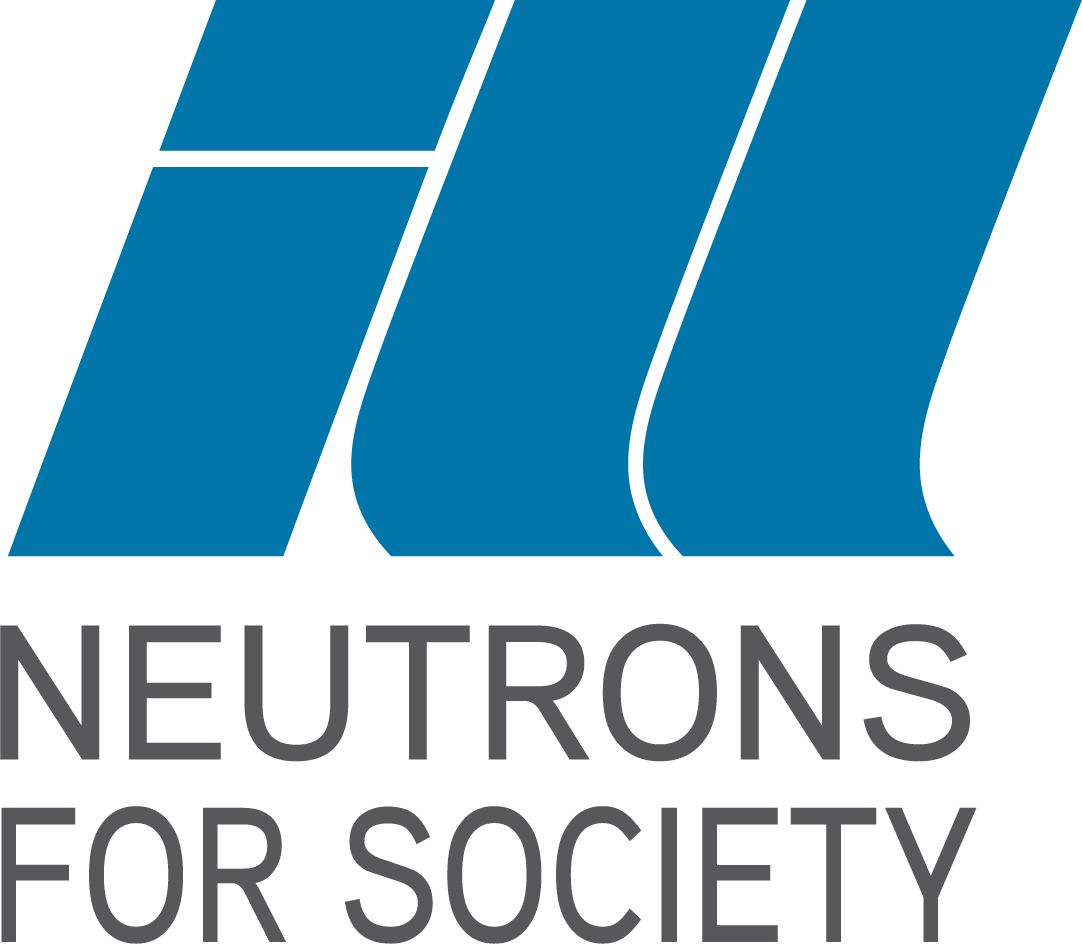ILL
courtesy ILL
General Description
The Institute Laue-Langevin (ILL) is an international research center in Grenoble, France used for research in fields as varied as solid-state physics, materials science, chemistry, the biosciences and the earth sciences as well as nuclear physics and engineering.
The ILL operates the most intense continuous neutron source in the world supplying neutron beams to a suite of around 40 instruments. It is visited each year by more than 1500 scientists from over 40 countries who perform more than 800 experiments. The ILL employs around 500 staff.
Neutrons interact with the nuclei of atoms providing precise information about the position and motion of atoms in matter. They can provide a unique insight into magnetic materials and their strong interaction with light atoms makes them especially well-suited to the study of hydrogen based materials.
The ILL High Flux Reactor produces the most intense continuous neutron flux in the world: 1.5x10^15 neutrons/s/cm2 with a thermal power of 58 MW. A single fuel element sits in the center of a 2.5m diameter tank containing heavy water. The reactor operates continuously for 50-day cycles, followed by a shut-down for changing the fuel element. An annual long shut-down enables maintenance to be carried out. Normally there are 4.5 cycles a year, providing 225 days for science.
The ILL Endurance Programme (2016-2022) is dedicated to improving the performance and long-term potential of the ILL instrument suite. To achieve its scientific goals and open up new science, a challenging technical programme is being implemented to manage the design and construction of up to seven instruments. In addition, seven existing instruments will be extensively modernised and four existing neutron guide systems completely re-designed. The Endurance Programme is running alongside two ambitious companion programmes to develop sample environments and data treatment software.
Founding year: 1967
Founding and owner members (3): France, Germany, United Kingdom
Scientific members (11): Italy, Spain, Switzerland, CENI Consortium (Austria, Czech Republic, Slovakia Hungary), TRANSNI Consortium (Sweden, Belgium, Denmark, Poland)
Budget ILL 2022 : ~100 M€
Swiss financial contribution : ~3.5%
Swiss delegates at ILL: Steering Committee, Administrative Committee, Scientific Council
Swiss involved research institutions: ETHZ, PSI, Uni BE, FR, VD
Procurement policy
ILL purchases goods and services following its own procurement rules.
Tenders are not disclosed on ILL’s webpage, but a list of forthcoming tenders is sent twice a year to the ILOs (Purchasing Advisors) of member countries.
International tenders are systematically issued for all projects >50 k€ (with a systematic pre-consultation of the ILOs at least 2 weeks before the tender send off date).
For tenders >300 k a list of main criteria for the selection of the supplier is made available
The objective for ILL to balance the geographical return to its member states is acknowledged. Yearly statistics on geographical return are available.
